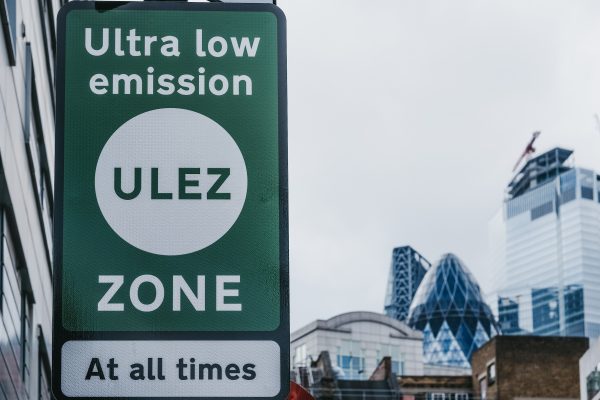A customer purchased a vehicle after spending an hour looking round the car and taking it for a test drive. The next day, the customer rang to say there is a chip in the windscreen and claimed that Autoglass had said the chip was old, likely to spread and that a replacement windscreen was the only option, costing £150.
The customer demanded that it is replaced and wanted compensation for the inconvenience. She also reminded staff at the garage that she could reject the vehicle as Trading Standards (Consumer Direct) say she is entitled to do. What happens now?
The customer had viewed the vehicle prior to purchase and if the chip in the windscreen was an old one, and that is not necessarily accepted, then the customer is not entitled to reject the vehicle for a fault that should have been seen on the inspection.
The customer is not entitled to reject the vehicle. She is not entitled to compensation. The seller does not have to replace the screen unless it makes the vehicle unroadworthy.
The important question here is, why did Trading Standards give different advice? Unfortunately, the advice received would have been given based on the information the customer provided. If she had given information about the situation as she saw it and the information did not reflect the true legal position, then any advice given would be misleading.
The old adage, ‘incorrect information put in gives incorrect information out’ applies.

Leading experts in print, promotional clothing, staff uniforms, branded merchandise and PPE. Involution is your brand partner for promotional marketing and workwear, a one-stop-shop for your branded marketing needs for any business size and industry.








